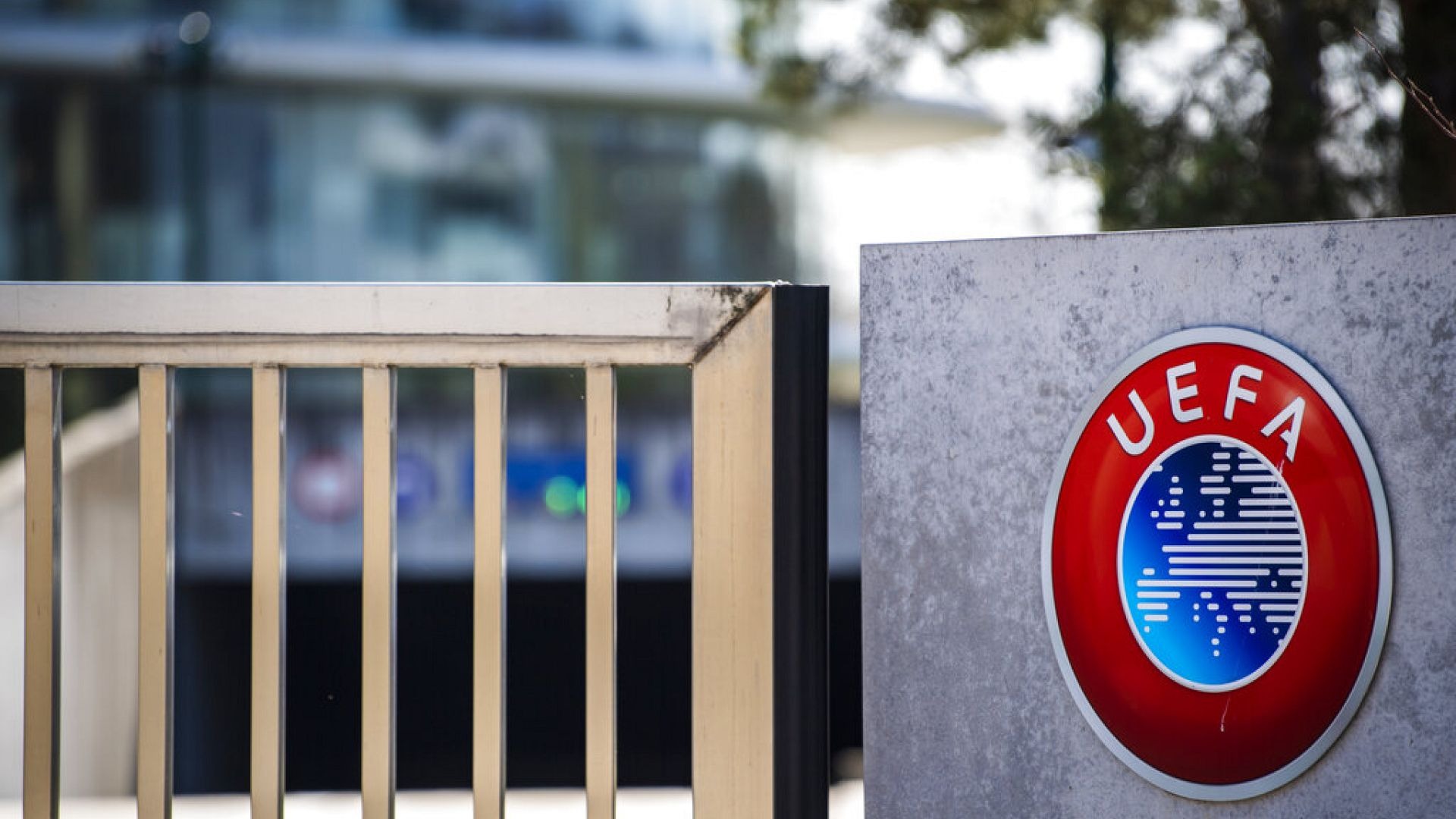The European Court of Justice considers the ban on the Super League to be a violation of EU competition law. UEFA and FIFA had abused their market power, the judges ruled. However, the ruling does not necessarily mean that a Super League must be approved.
The ban on the Super League planned by several European soccer clubs was unlawful. The European Court of Justice ruled that the soccer associations UEFA and FIFA had abused their market power and violated EU competition law by taking action against the Super League.
The associations may not make other competitions dependent on their approval and may not prohibit clubs and players from participating in these competitions. However, the ruling does not necessarily mean that the Super League must be approved, according to the judges.
The case was heard by the court last year after the Super League failed at its launch in April 2021. UEFA President Aleksander Ceferin described the club bosses as “snakes” and “liars” and threatened to ban players from Super League clubs.
The association, formed by 12 clubs – with only Real Madrid and Barcelona left at the top following the withdrawal of Juventus Turin this year – had taken legal action to protect its position and a Madrid court had asked the European Court of Justice to rule on issues of EU law.
The clubs had accused UEFA of violating European law by abusing its dominant position in soccer competitions.
“FIFA’s and UEFA’s rules, which make any new inter-club soccer project such as the Super League subject to their prior approval and prohibit clubs and players from participating in these competitions, are unlawful,” the court declared. “There is no framework for the FIFA and UEFA rules that ensures that they are transparent, objective, non-discriminatory and proportionate.”
The rules granting FIFA and UEFA exclusive control over the commercial exploitation of rights to competitions would also restrict competition in the EU, the ruling stated. FIFA and UEFA were abusing their dominant market position.
“We have won the right to competition. The UEFA monopoly is over. Soccer is FREE. The clubs no longer have to fear sanctions AND can now determine their own future,” commented our CEO Bernd Reichart on the ECJ’s decision. 1/4
– A22 Sports (@A22Sports) December 21, 2023
The initiators of the Super League immediately celebrated the ruling as a major victory. “The UEFA monopoly is over,” said former RTL manager Bernd Reichart, who represents the project for the A22 agency. “Now the clubs are no longer threatened and sanctioned. They can decide their own future,” Reichart said in a message on A22’s X account (formerly Twitter).
“For the fans: We will broadcast all Superliga matches free of charge. For the clubs: The clubs’ income and solidarity with soccer payments are guaranteed,” Reichart added.
According to an initial reaction, UEFA took note of the defeat calmly. The ruling of the European Court of Justice does not mean “approval or confirmation of the so-called Super League”, the European Football Union announced. Newly introduced rules would compensate for the shortcomings listed by the court.
UEFA is confident that these new rules for admission to competitions “comply with all relevant European laws and regulations”. The association remains committed to the so-called soccer pyramid, which is based on national leagues in which clubs can qualify for international competitions.
“We will continue to shape the European sports model together with national associations, leagues, clubs, fans, players, coaches, EU institutions, governments and partners,” UEFA announced. It trusts that the current soccer model in Europe will be protected from threats by European and national laws.
